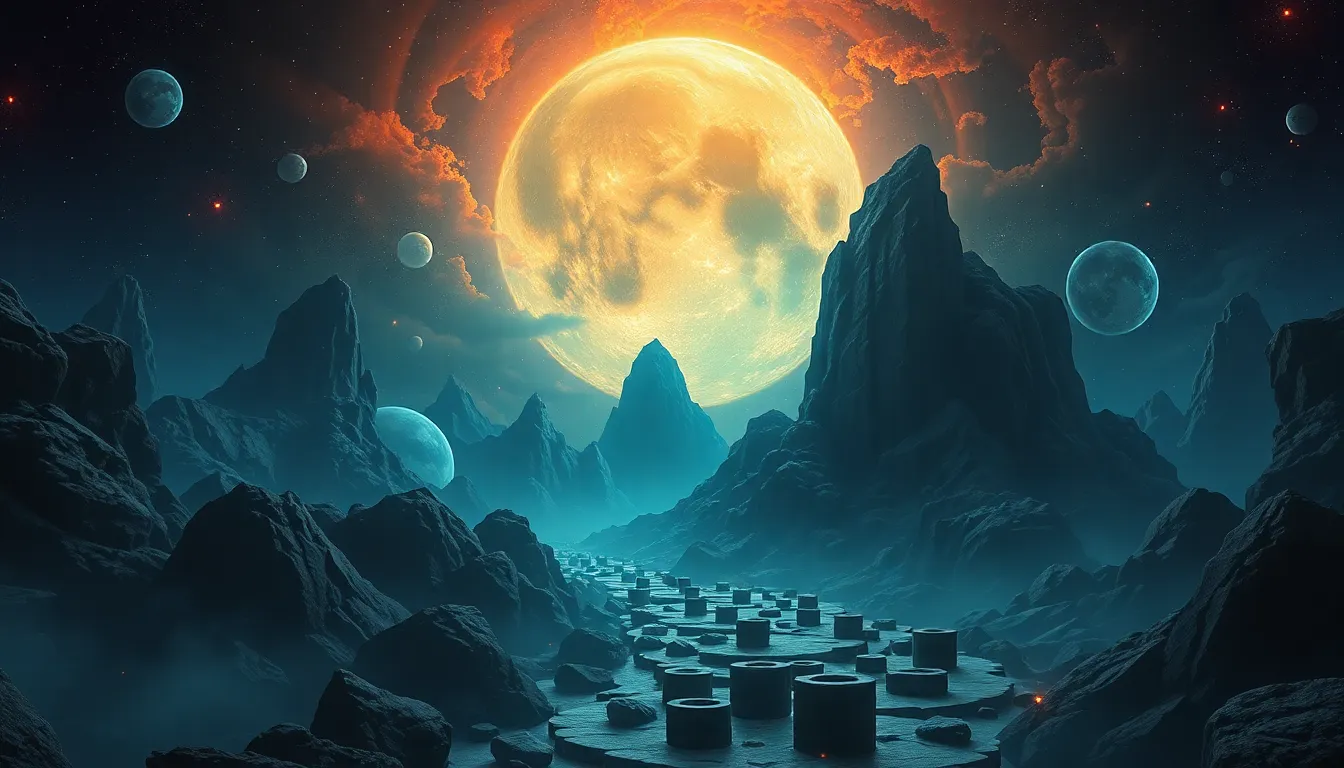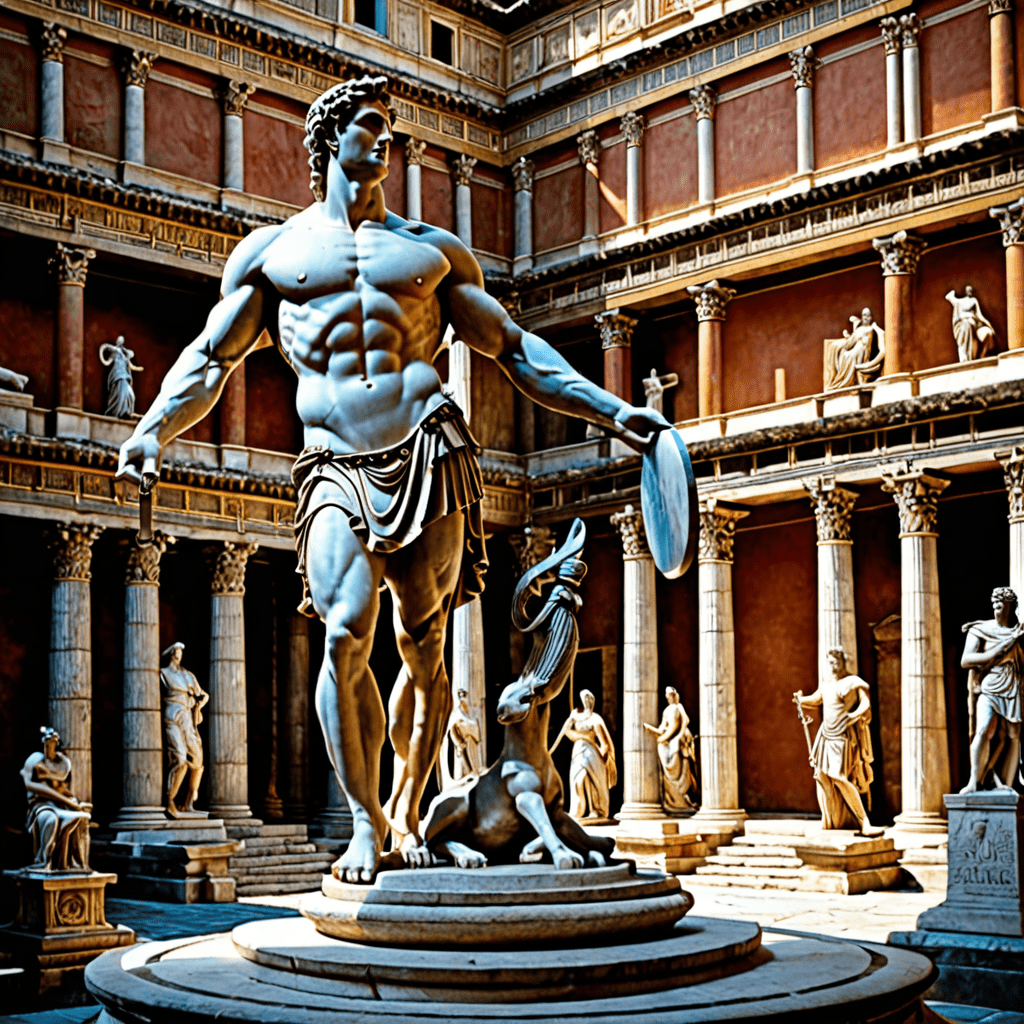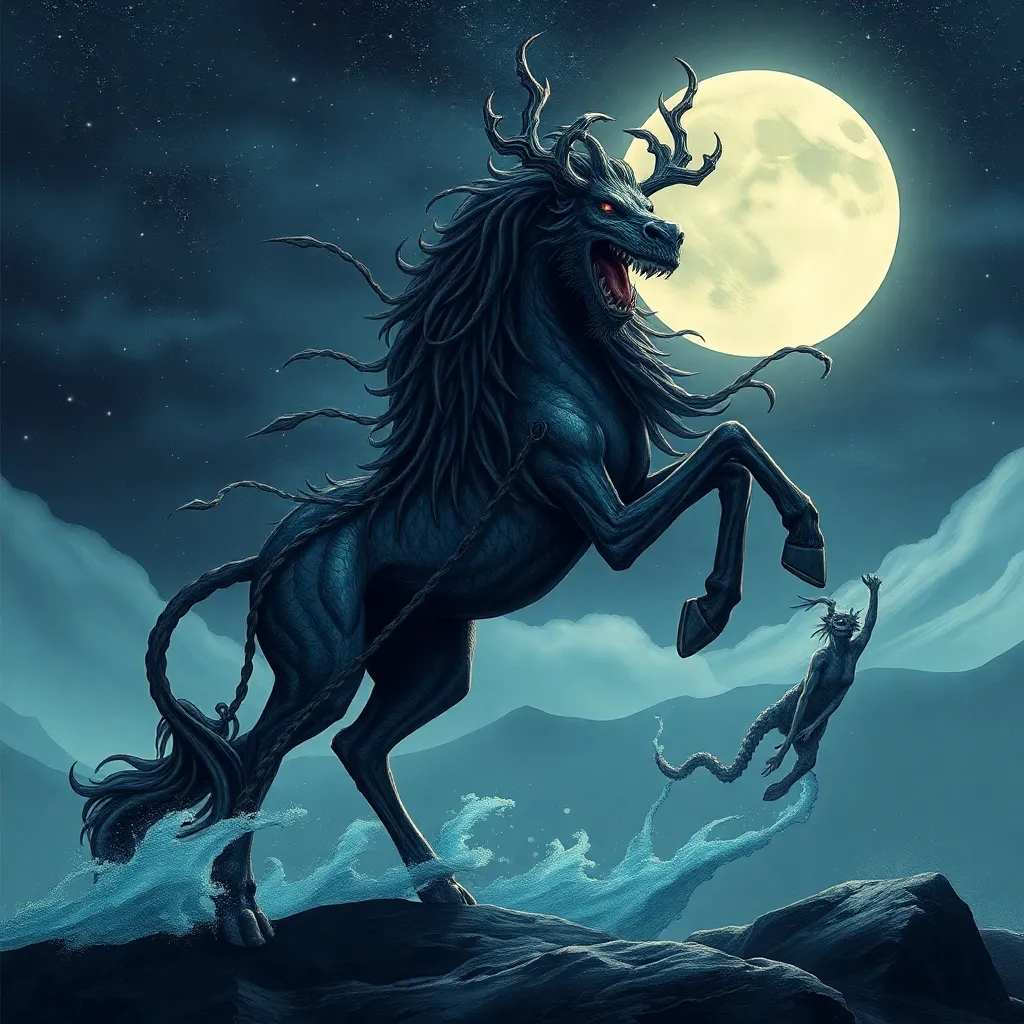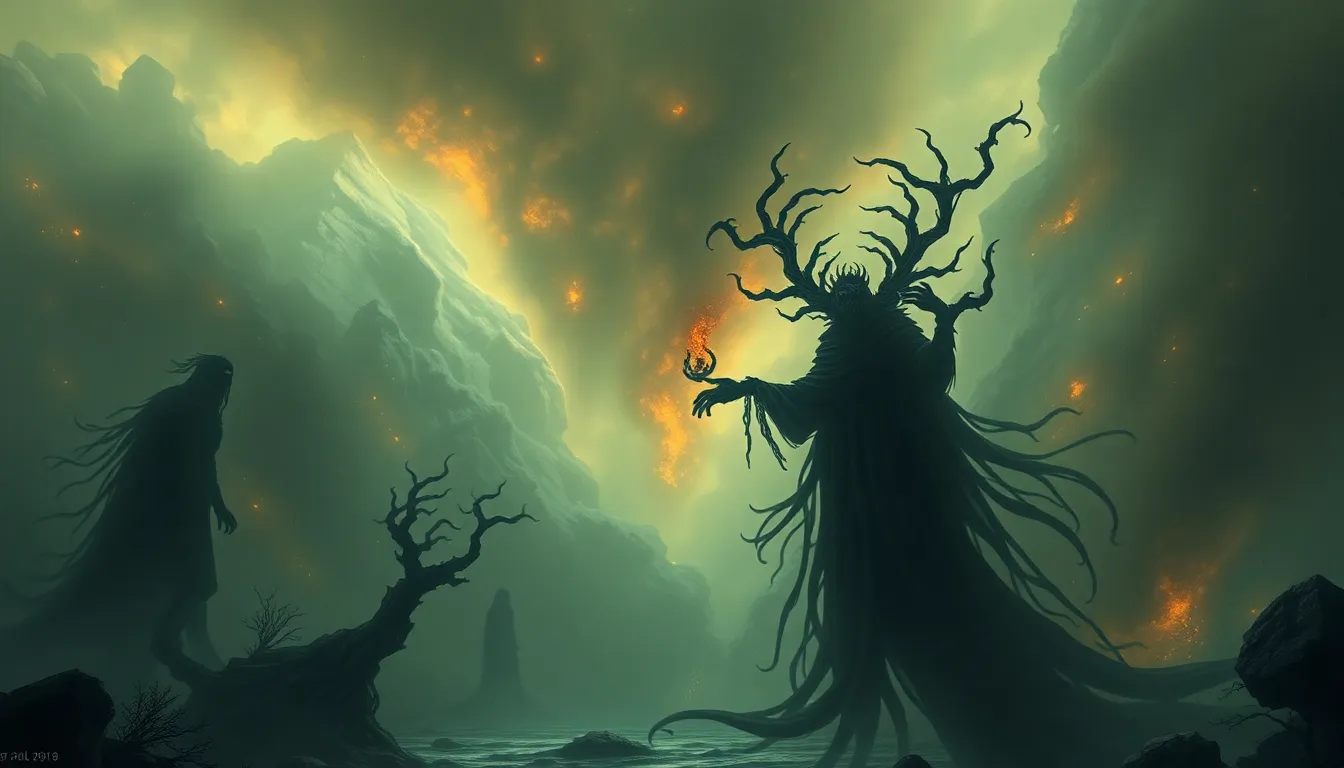The Myth of the Eternal Journey: Legends of Endless Exploration
I. Introduction
The concept of the “Eternal Journey” encapsulates the idea of endless exploration, representing both a physical and metaphorical quest for knowledge, adventure, and self-discovery. This myth has woven itself into the fabric of human culture, inspiring countless tales of adventure and discovery across generations.
This article aims to explore the significance of the Eternal Journey myth, examining its roots in historical contexts, its psychological dimensions, and its manifestations in modern society. By understanding these narratives, we can gain insight into our collective aspirations and the human spirit’s relentless quest for exploration.
Exploration myths hold cultural importance as they reflect humanity’s innate desire to push boundaries, confront the unknown, and seek purpose beyond the mundane.
II. Historical Context of Exploration Myths
Throughout history, various civilizations have embarked on quests for discovery, often documented through myths and legends. These narratives not only chronicled physical journeys but also mirrored the values and aspirations of the societies that created them.
A. Ancient civilizations and their quests for discovery
From the ancient Greeks to the early Chinese explorers, mythology surrounding exploration can be traced back thousands of years. Civilizations often personified their explorations through heroic figures who encountered both challenges and enlightenment.
B. Notable explorers and their legendary journeys
Explorers such as:
- Hernán Cortés
- Christopher Columbus
- Ferdinand Magellan
- James Cook
have become legendary figures in their own right, their exploits shrouded in myth and often romanticized in popular culture.
C. How myths reflect societal values and aspirations
These legends often reflect the ideals of their time, showcasing bravery, curiosity, and the pursuit of knowledge, while also highlighting the consequences of colonialism and cultural encounters.
III. The Hero’s Journey: A Universal Template
The Hero’s Journey, as outlined by Joseph Campbell, provides a framework for understanding the archetypal narrative structure that underpins many exploration myths.
A. Joseph Campbell’s monomyth framework
Cambell’s monomyth consists of stages such as the Call to Adventure, the Road of Trials, and the Return, which can be seen in numerous exploration narratives.
B. Application of the Hero’s Journey in exploration legends
Exploration myths frequently align with this framework, depicting heroes who venture into the unknown, face adversity, and return transformed.
C. Examples from different cultures
Some notable examples include:
- Odysseus’s journey home from the Trojan War
- Marco Polo’s travels along the Silk Road
- Hindu epics featuring figures like Rama and Hanuman
These stories emphasize the transformative power of exploration, reflecting universal themes of growth and discovery.
IV. The Role of Nature in Exploration Myths
Nature plays a critical role in exploration myths, serving as both a backdrop and a catalyst for adventure and personal growth.
A. The wilderness as a symbol of the unknown
Untamed landscapes often symbolize the challenges and mysteries that explorers must confront, representing both fear and potential.
B. Nature’s challenges as catalysts for personal growth
Encounters with nature’s wrath—storms, mountains, and uncharted territories—force characters to adapt and evolve, embodying the struggle inherent in the journey.
C. Symbolic interpretations of landscapes in legends
Landscapes in myths often carry deep symbolic meanings, such as:
- Mountains representing obstacles and enlightenment
- Oceans symbolizing both danger and the vastness of possibility
- Forests embodying the mystery of the unknown
V. The Search for Immortality and Beyond
Many exploration myths intertwine the concept of exploration with the quest for eternal life, reflecting humanity’s desire to transcend mortality.
A. Legends that intertwine exploration with the quest for eternal life
Myths such as those surrounding the Fountain of Youth or the Elixir of Life illustrate this pursuit, where explorers seek not just new lands, but also the secrets of life itself.
B. Philosophical implications of the search for immortality
The quest for immortality raises profound questions about existence, purpose, and the human condition, prompting introspection on what it means to live a meaningful life.
C. The relationship between exploration and human mortality
Exploration often serves as a reminder of our mortality; as explorers push boundaries, they confront not only the unknown but also their own limitations.
VI. Modern Interpretations of the Eternal Journey
In contemporary society, explorers and adventurers continue to embrace the concept of endless exploration, albeit in new forms.
A. How contemporary explorers view the concept of endless exploration
Modern explorers, such as adventurers and scientists, often see exploration as a means to understand the universe and our place within it.
B. The impact of technology on the idea of exploration
Advancements in technology have transformed exploration, allowing for new methods of discovery, such as:
- Satellite imagery for mapping
- Robotic exploration of distant planets
- Drones for surveying inaccessible terrains
These innovations have reshaped the boundaries of what is considered “exploration.”
C. New frontiers: Space exploration as a modern myth
Space exploration represents a new frontier, embodying the eternal quest for knowledge and the human spirit’s desire to reach beyond the stars.
VII. Psychological Dimensions of the Eternal Journey
The human psyche is deeply intertwined with the concept of exploration, impacting our mental health and identity.
A. The human psyche and the need for exploration
Humans possess an intrinsic need to explore, driven by curiosity and the desire for understanding, which can manifest in various ways throughout one’s life.
B. The impact of exploration myths on mental health and well-being
Engaging with exploration myths can foster resilience and provide a sense of purpose, contributing positively to mental well-being.
C. The role of adventure in personal identity formation
Adventure and exploration serve as critical components in shaping personal identity, allowing individuals to define themselves through their experiences and journeys.
VIII. Critiques and Debunking the Myth
While the myth of the Eternal Journey holds allure, it is essential to critique its implications and recognize its limitations.
A. The dangers of romanticizing endless exploration
Romanticizing exploration can lead to overlooking the negative consequences of colonialism, environmental degradation, and cultural insensitivity.
B. Environmental and ethical considerations in modern exploration
As exploration continues, ethical dilemmas arise, including the impact on indigenous cultures and the preservation of natural habitats.
C. The consequences of pursuing myths without grounding in reality
Chasing the myth of endless exploration without a realistic framework can lead to disillusionment and a lack of fulfillment.
IX. The Legacy of Exploration Myths in Popular Culture
The legacy of exploration myths endures in literature, film, and art, continually inspiring new generations of adventurers.
A. Exploration myths in literature, film, and art
Classic works such as:
- Herman Melville’s “Moby Dick”
- Jules Verne’s “Around the World in Eighty Days”
- James Cameron’s “Avatar”
depict the themes of exploration and the human spirit’s quest for knowledge.
B. How these myths inspire modern adventurers
Modern adventurers often draw inspiration from these myths, using them as motivation to embark on their own journeys of discovery.
C. The cyclical nature of exploration narratives in society
The narratives of exploration continue to evolve, reflecting current events and societal values, showcasing the timeless nature of the quest for discovery.
X. Conclusion
In conclusion, the myth of the Eternal Journey remains a significant aspect of human culture, reflecting our collective desires, fears, and aspirations. Through exploration myths, we not only tell stories of adventure but also seek to understand ourselves and our place in the world. As we continue to explore, both physically and metaphorically,



